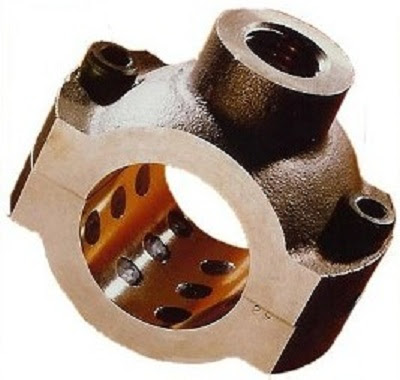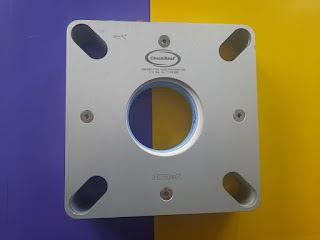The Disadvantages of Traditional Lip Seals
Many modern industries rely on keeping contaminants out of the product and ensuring that the product, in turn, does not spill out. Caution in this regard provides a safe work environment and makes sure no product is wasted or ruined. This is where Shaft Seals come in. They are seals fixed to the rotating shafts of bulk handling equipment like screw conveyors or machines like mixers and blenders.
Shaft Seals have to operate with a constantly moving centre and avoid wear and tear. Most importantly, however, they are responsible for keeping products sealed tightly.
Traditionally, lip seals were one of the most popular shaft seal types. This article will look into what a lip seal is and how it has become outdated.
What’s a Lip Seal?
A rotary lip seal keeps a thin lubricant layer between the “lip” and the rotating shaft. During the hydrodynamic action created by the turning motion, the seal is pumped towards the shaft and held in place. Lip seals are very affordable, making replacements inexpensive. However, these expenses arise on numerous occasions.
Disadvantages of Lip Seals
Because the lip makes contact with the shaft, it wears and damages the shaft while quickly breaking down itself. This is further exacerbated by the seal having a comparatively small surface which means they wear out more quickly in harsh environments. Lip Seals don’t withstand high pressures, for example.
The size also leads to more frequent leaks, risk of contamination and spillage.
Their applications are limited, as they often lack government certification necessary for the food production sector. They are also unsuited to low viscosity fluids because this may influence the friction generated in the lubrication film, hindering the separation of the seal and shaft by thinning the lubricant film.
The Alternative: CinchSeal
CinchSeal is a more modern solution that completely replaces outdated lip seals. It's an effective solution for mixers, screw conveyors, ribbon blenders, and other bulk handling equipment. The CinchSeal features a self-adjusting design. It moves with it rather than creating friction against the shaft, eliminating shaft wear and product leak.
CinchSeal also has a higher tolerance for misalignment and a larger surface area, which prevents leaks and material loss. In addition, the seals are USDA certified and suitable for environments subject to high levels of hygiene regulations, like in the meat, poultry, and dairy sectors.
Contact our Engineers
at the Wrights Dowson Group for advice on
which rotary shaft seal may suit your applications. We deliver bespoke,
customized solutions for a wide range of industries.




Comments
Post a Comment